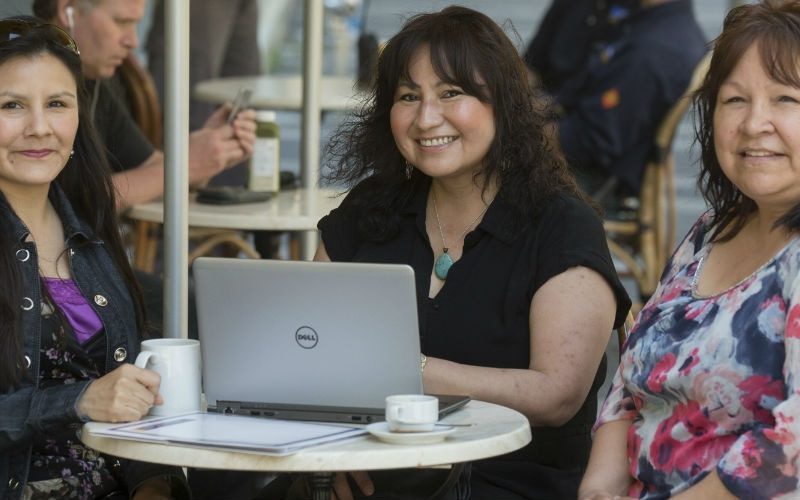Aiming higher: Micro-credential training in aviation and aerospace
The Canadian Council for Aviation & Aerospace (CCAA) is leading a consortium of employers to develop and pilot an innovative, national micro-credentialing training system to address the sector-wide need for skilled workers and help drive industry recovery and regrowth.
Canada’s aviation and aerospace sector was hit hard by the pandemic, and with recovery on the horizon, the industry is working to re-align costs with the reality of reduced operating revenues. This means becoming more efficient and adaptive. One way is to multi-skill employees to make it easier for them to work in new areas and better able to adapt to rapidly evolving new technologies.
Evaluation Report:
Evaluation of Micro Credentials Report


Future Skills Centre is investing $ 1,535,595 in this 2-year project. Micro-credentialing is an effective way to train staff in a range of specific skills and facilitate training in remote regions.
This industry-recognized training will support the movement of multi-skilled workers between roles in aviation and aerospace such as manufacturings, maintenance repair and overhaul companies and airlines and between similar skilled industries such as automotive, electrified transportation systems, and advanced manufacturing, to name a few.
The CCAA’s system is unique for aviation and aerospace in that it’s based on competencies rather than instructional hours and leverages emerging technologies to deliver the skills training sought by industry.
This initiative will pilot 150 learning units with a variety of companies across Canada. Outcomes include identification of:
• Skills lost due to COVID-prompted career changes and workers retiring
• Skills needed to meet the immediate operational priorities of employers
• Best practices in delivery of micro-credentials across a range of workplace environments.
Targeted upskilling will increase employability and worker mobility across Canada and compensate for the absence of traditional modes of training in all regions – urban, rural and remote – and will facilitate training for remote workers and underrepresented groups by reducing barriers to entry.
The CCAA manages the industry’s national occupational standards and certification system. This initiative is based on these standards and will support cross-functional career progression and modernized training. Micro-credentials will consist of both academic content and structured in-company learning, leading to industry recognized qualifications. The CCAA will develop short, focused, immersive theoretical training that can be placed in the flow-of-work within a company, marrying theory and practice.
Evaluation Strategy
This project is evaluated using tools and approaches aligned with its goals, context, and stage of development. The evaluation focuses on generating the right evidence at the right moment to move the intervention forward. Read more about our evaluation strategy.





